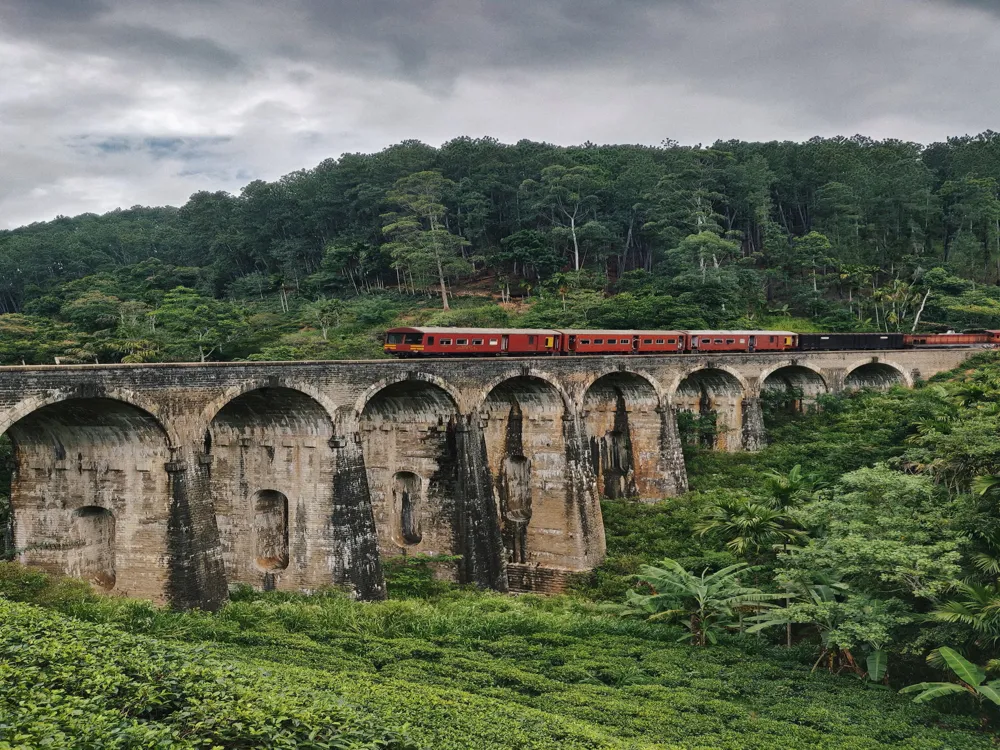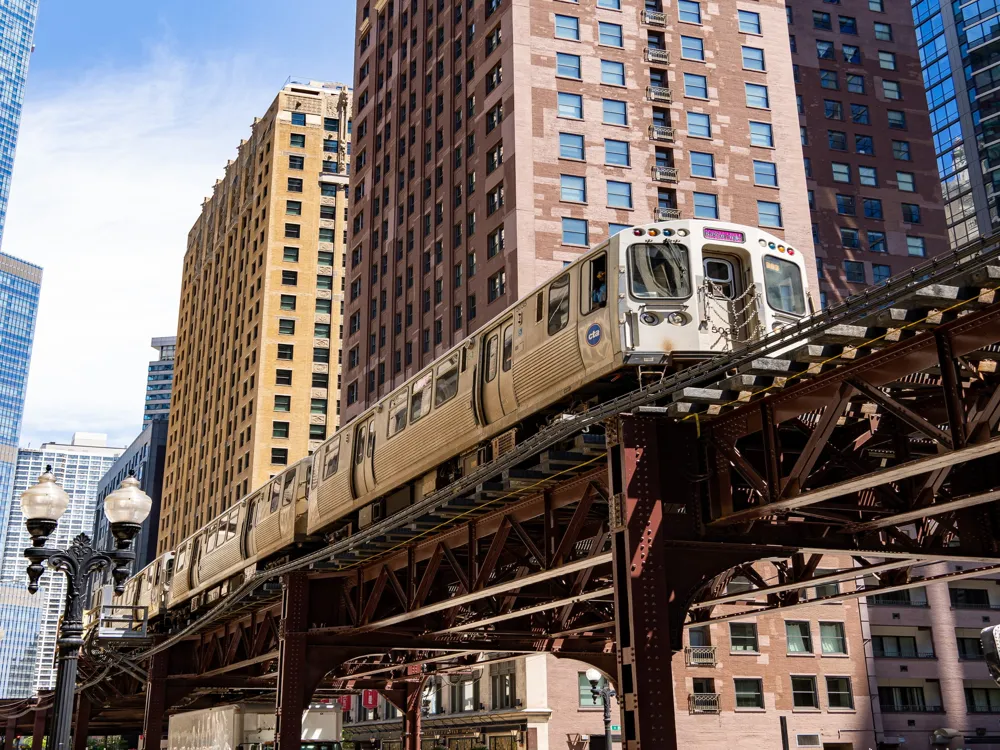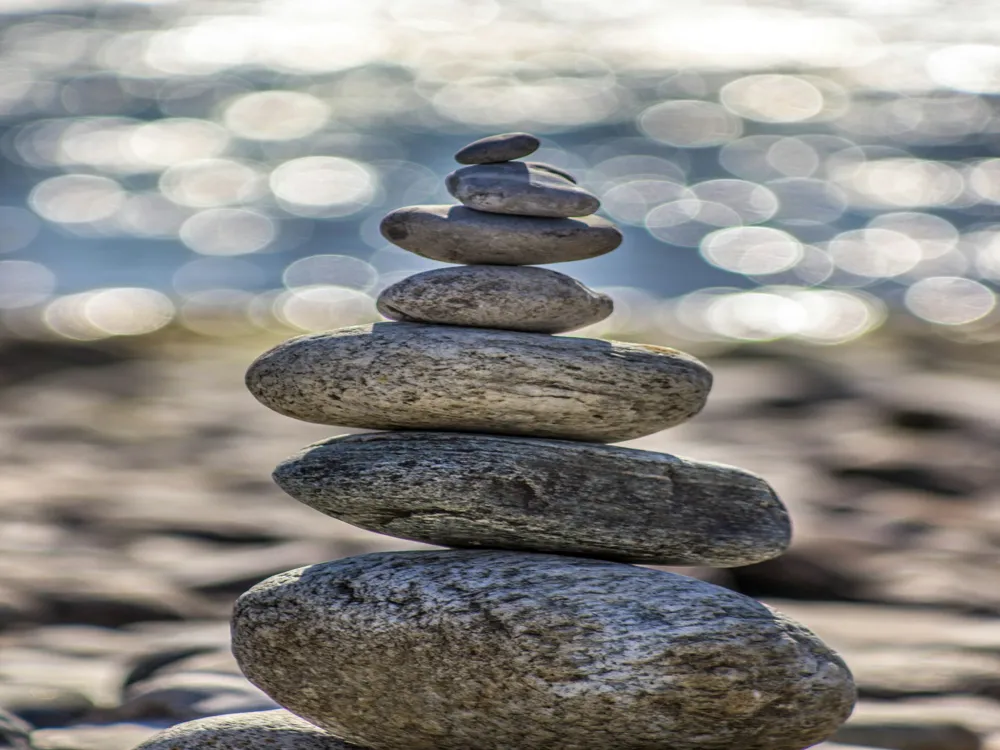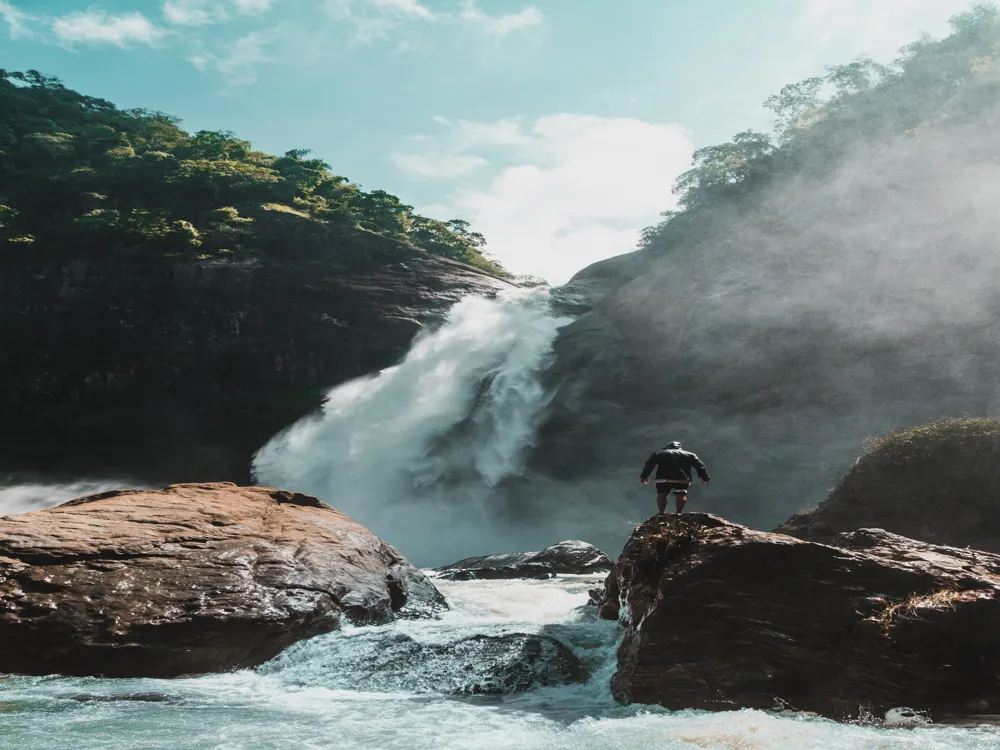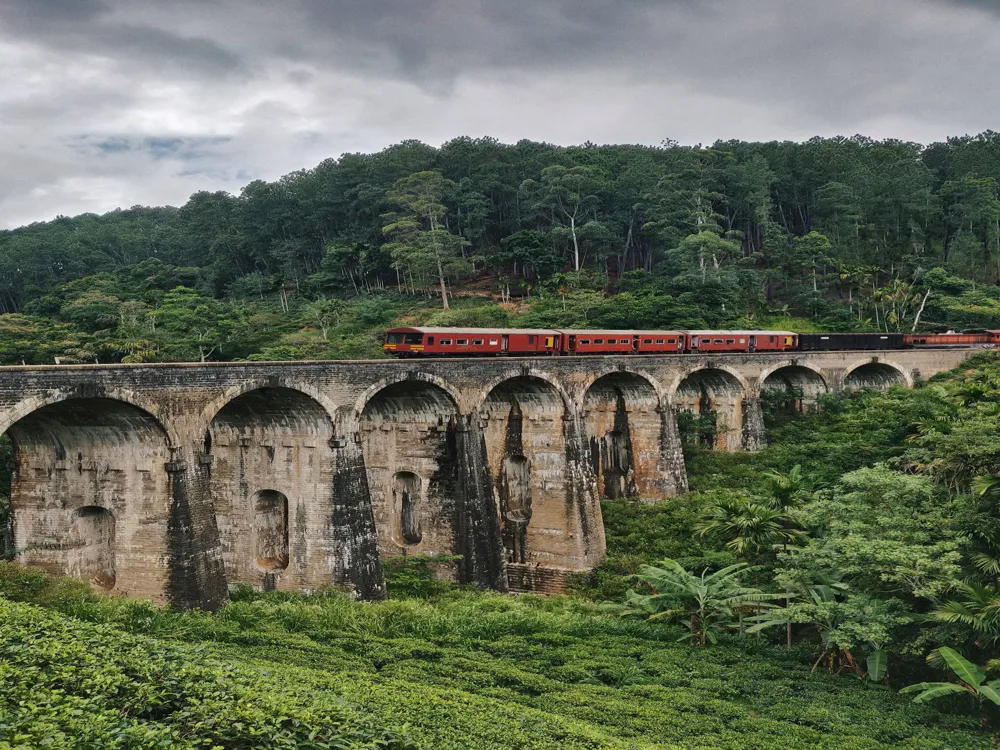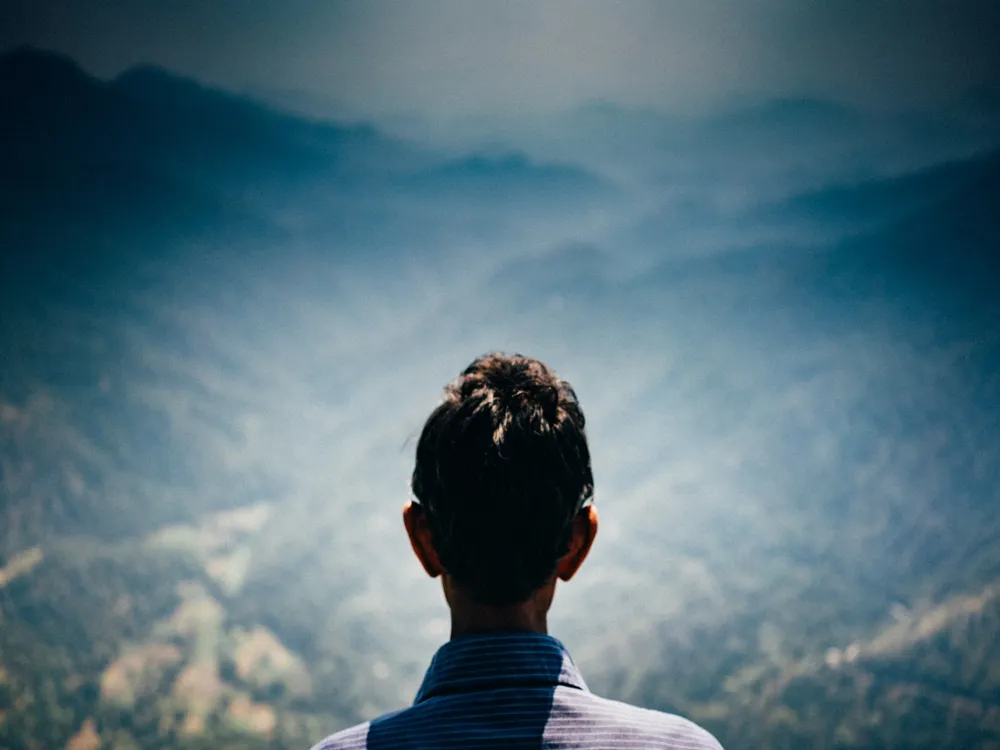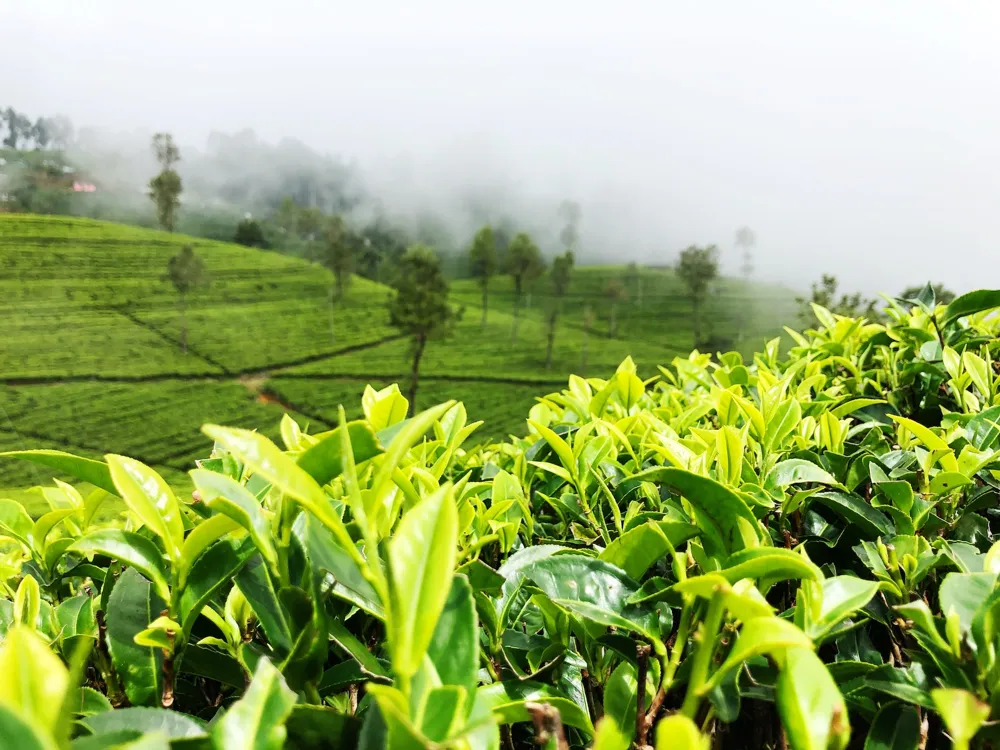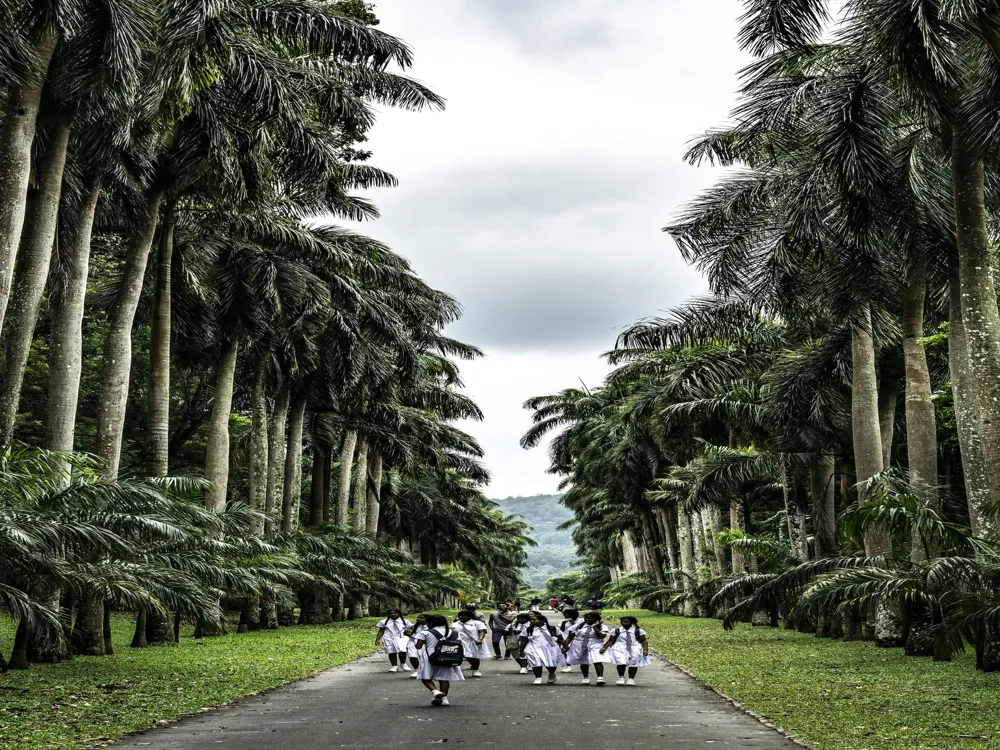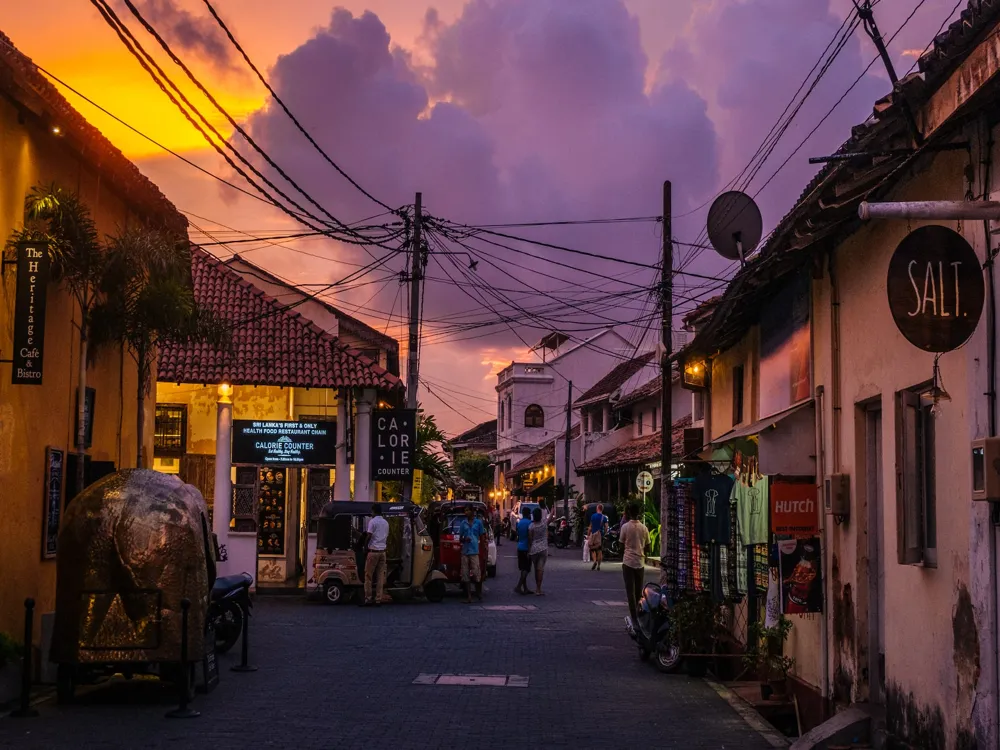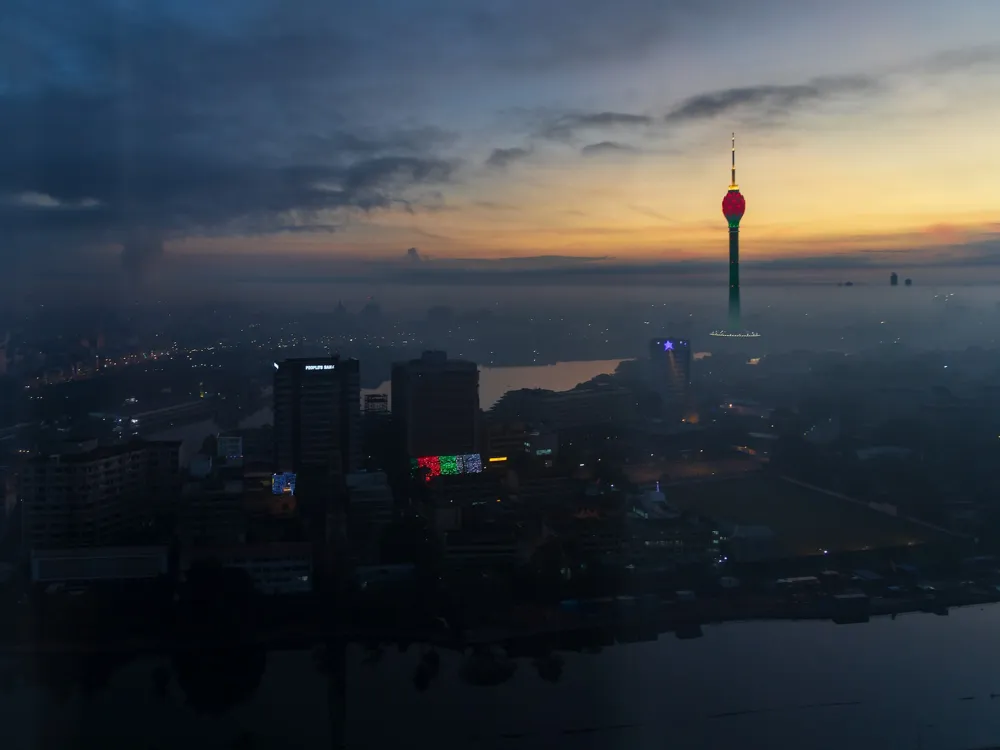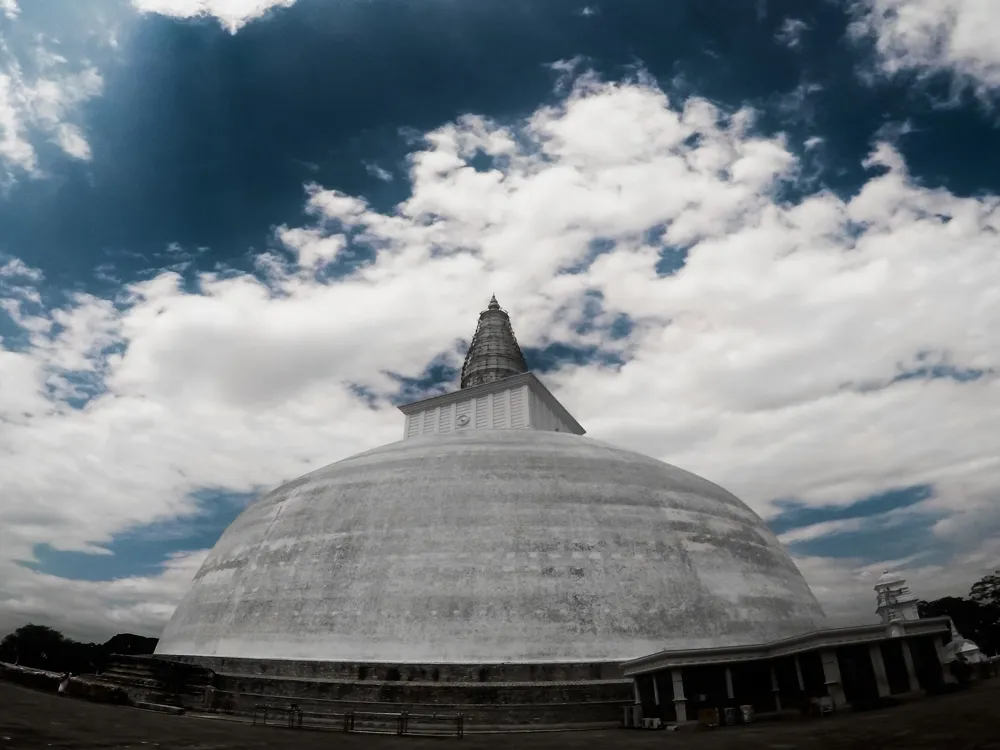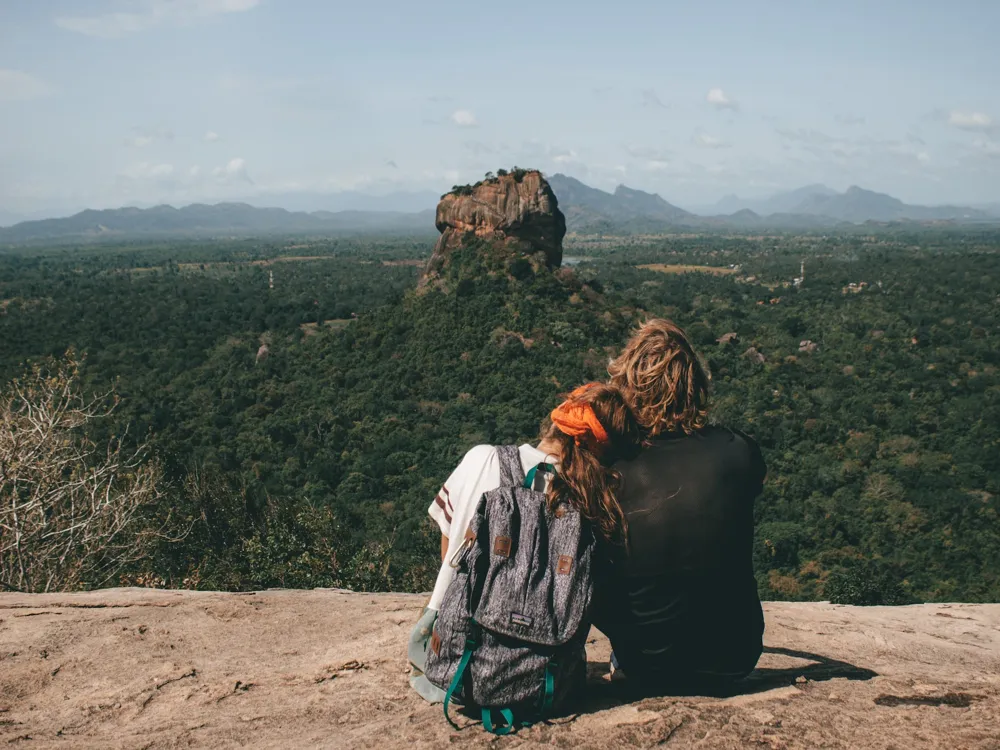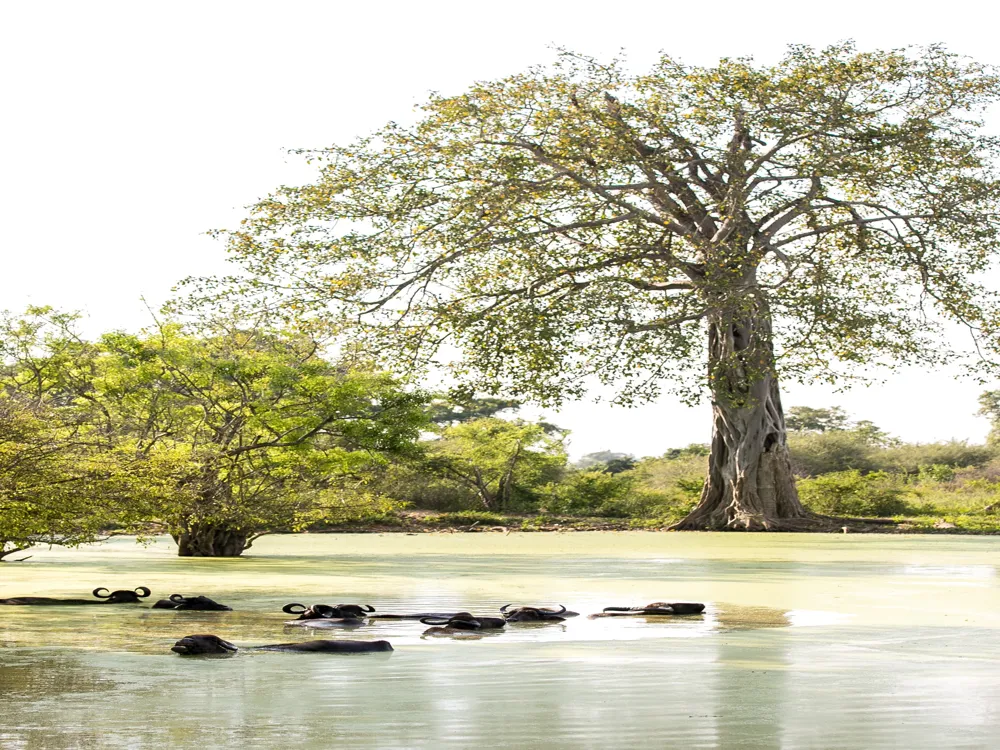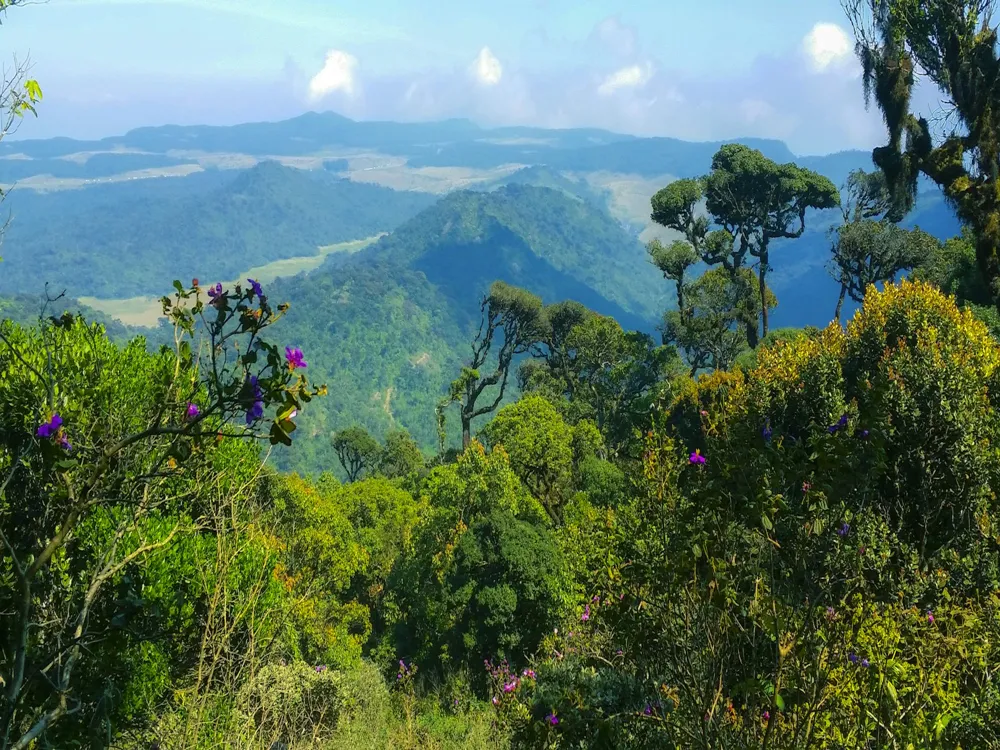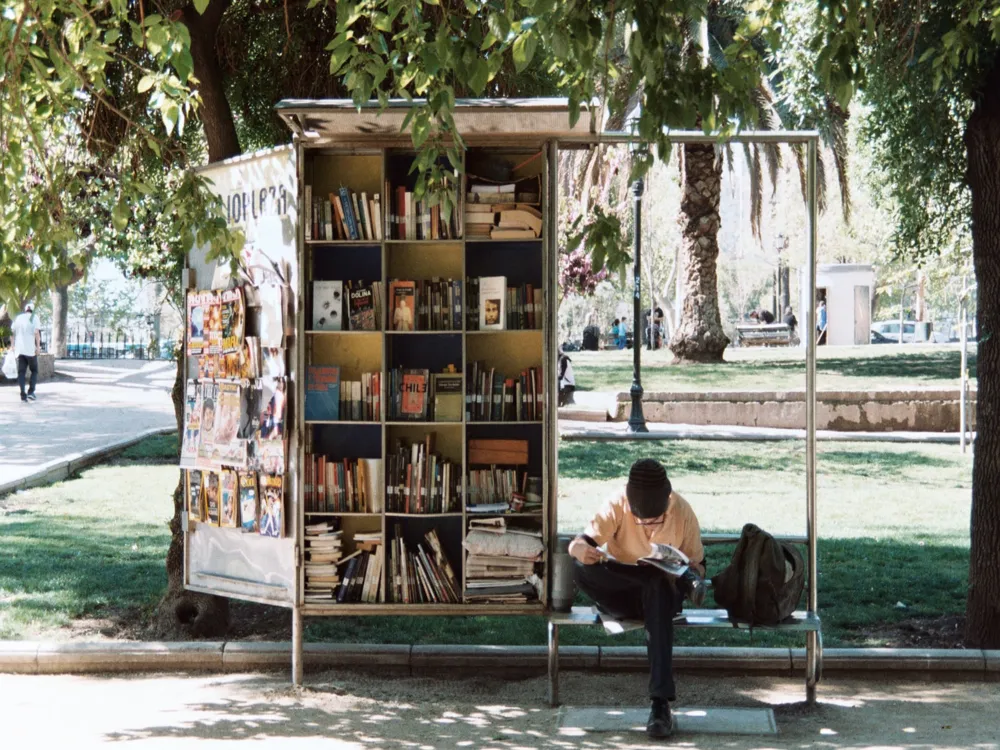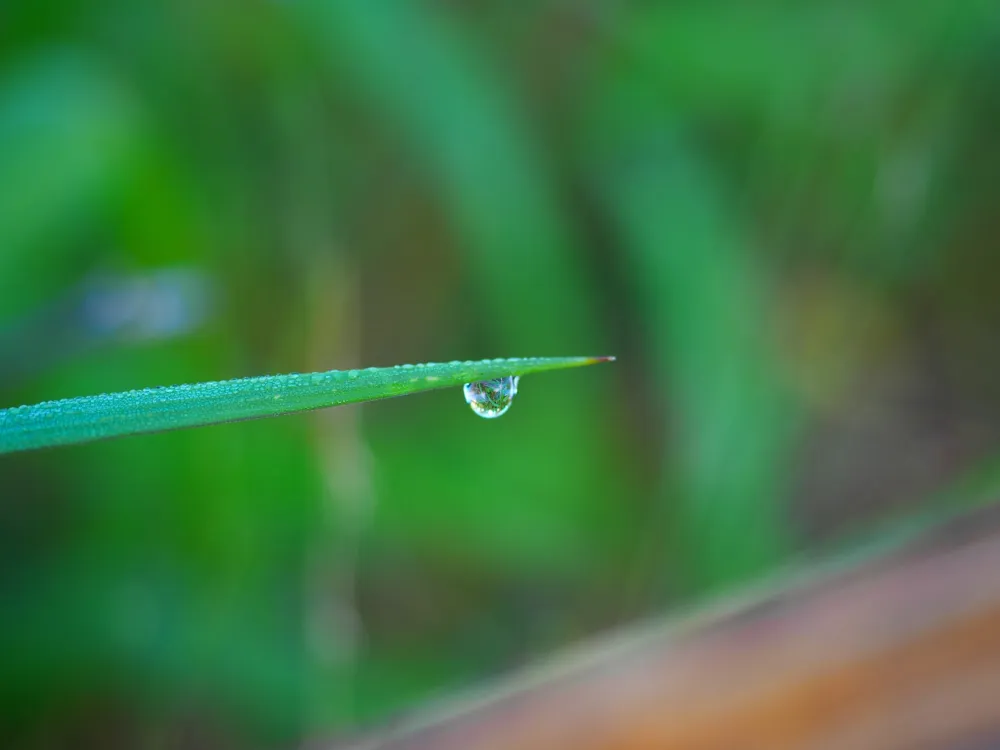The Dhowa Rock Temple, a significant historical and religious site in Sri Lanka, is renowned for its striking rock carvings, ancient murals, and unique architecture. Nestled in the lush landscapes of Ella, this temple stands as a testament to the rich cultural and religious heritage of Sri Lanka. Dating back over 2,000 years, it has a fascinating history intertwined with the spread of Buddhism in the region. The temple's main attraction is a colossal Buddha statue, meticulously carved into the rock face, reflecting the remarkable skill and artistry of ancient craftsmen. This site is not just a place of worship but also a beacon of historical and archaeological significance, attracting scholars and tourists alike. The temple complex encompasses various structures, each with its own historical and religious importance, contributing to the site's overall allure and mystique. The architecture of the Dhowa Rock Temple is a splendid example of the ancient Sinhalese art form. The temple's design is a harmonious blend of natural rock formations and human-made structures, creating a seamless integration with the surrounding environment. One of the most striking features is the massive unfinished Buddha statue, which stands over 38 feet tall, carved directly into a granite boulder. The statue's intricate details and serene expression are a remarkable display of the stone carving skills of the era. Surrounding the Buddha statue are numerous wall paintings and frescoes that depict various scenes from the Jataka tales and the life of the Buddha. These paintings, some of which are centuries old, are notable for their vivid colors and artistic detail, offering insights into the religious and cultural life of ancient Sri Lanka. The temple complex also includes a series of caves and rock shelters, which served as meditation spaces for monks, further showcasing the deep spiritual connection of the site. Visitors to the Dhowa Rock Temple should adhere to a modest dress code, covering shoulders and legs. It's important to show respect by removing shoes and hats before entering the temple premises. Quiet and respectful behavior is expected to maintain the sanctity of the temple. Consider taking a guided tour to fully appreciate the temple's history and art. Knowledgeable guides can provide valuable insights into the temple's architecture, frescoes, and religious significance, enhancing your experience. Photography is allowed in most parts of the temple, but be mindful of restrictions in certain areas, especially near sacred objects. Always ask for permission before taking photos of monks or worshippers. Dhowa Rock Temple is easily accessible from the town of Ella. Visitors can reach Ella by train, bus, or car from major cities in Sri Lanka, such as Colombo and Kandy. From Ella, the temple is a short drive away. Local buses and tuk-tuks are readily available for the journey. The route to the temple is scenic, offering glimpses of Sri Lanka's beautiful countryside. Read More: Overview of Dhowa Rock Temple of Ella
The architecture of Dhowa Rock Temple
Tips When Visiting Dhowa Rock Temple
Dress Code and Etiquette
Guided Tours
Photography Restrictions
How to Reach Dhowa Rock Temple
Dhowa Rock Temple
Ella
₹ 25,000 onwards
View ella Packages
Ella Travel Packages
View All Packages For Ella
Top Hotel Collections for Ella

Private Pool

Luxury Hotels

5-Star Hotels

Pet Friendly
Top Hotels Near Ella
Other Top Ranking Places In Ella
View All Places To Visit In ella
View ella Packages
Ella Travel Packages
View All Packages For Ella
Top Hotel Collections for Ella

Private Pool

Luxury Hotels

5-Star Hotels

Pet Friendly







